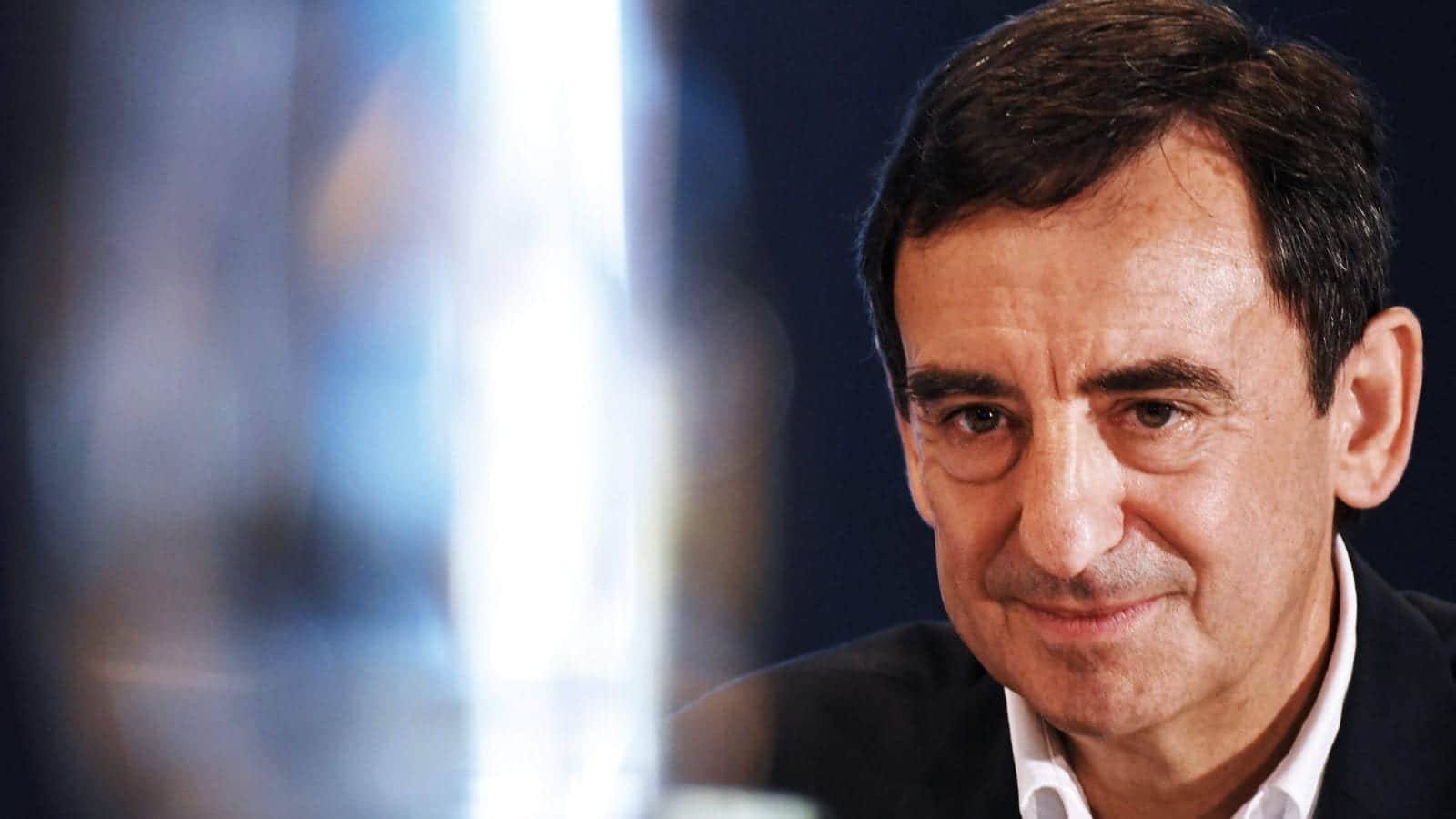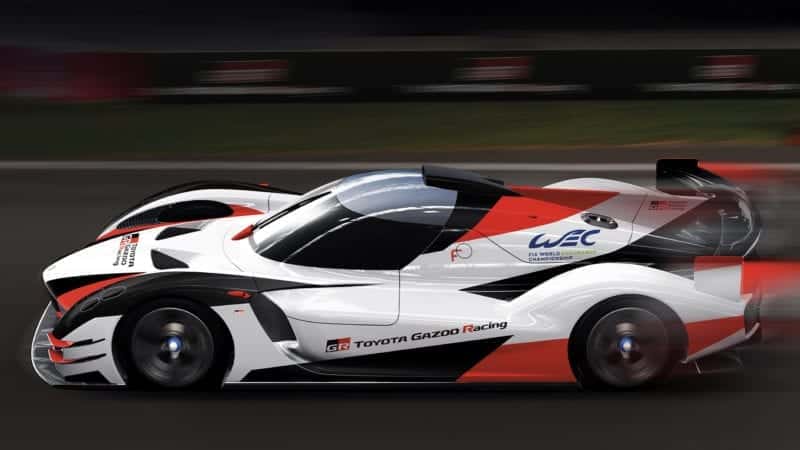‘We were never going to cancel Le Mans 2020'
Pierre Fillon, president of the ACO, talks COVID, hydrogen and diversity

Everyone who loves motor sport will be pleased that the Le Mans 24 Hours is taking place this year. Can you explain some of the key challenges you faced in making it happen?
“Our priority has always been for the race to go ahead. We never envisaged cancelling. First, we had to find a date that suited everyone – competitors and sponsors – and coordinate with the relevant federations, other major races, and institutions such as the ministry of tourism. Then, we had to make sure we could uphold our usual standards and guarantee the safety. We have altered the whole event set-up and schedule for the weekend of 19–20 September and are prepared for any changes to current restrictions. We worked on several options, so that we could apply plan A, B or C, depending on how the situation evolved.”
Do you have concerns that manufacturers will be tightening their belts ahead of next year?
“The health crisis has become a financial crisis and is affecting motor sport. The ACO has been carefully managed and thanks to rigour and realism, we can clear these hurdles. We can be flexible concerning entry fees, for example. It was important to us to maintain our events, to support our partners and contribute to the local economy.”
With the new rules for the top class for the LM Hypercars, you have two cars from Toyota, two from Glickenhaus, one from ByKolles. Do you hope there will also be some ‘grandfathered’ LMP1 cars?
“Our regulations are coming into force as planned, with a new top class and collaboration with our American cousins at IMSA [LMDh]. Several manufacturers and teams have announced their projects. We will reveal details at the Le Mans 24 Hours in September.”

Toyota’s 2020/21 LMH entry won’t be alone on the grid
How important is road relevance, and how important is it to restore Le Mans’ reputation as an automotive laboratory?
“It’s what Le Mans is all about. I don’t think we need to restore our reputation, but we shall go on building it. In the past few years, the onus has been on hybrid systems, energy efficiency, tyres, lights, cockpit comfort and safety. But we’re also getting ready for tomorrow.”
With battery power unsuitable to endurance racing, do you see a future for hydrogen at Le Mans?
“Of course. MissionH24 has that very intention. We want to expand the use of hydrogen in racing, and then on roads. We are working on all aspects: fuel stops, safety, performance etc. In 2023, the Garage 56 entry will be a hydrogen prototype and in 2024 there will be a whole class of hydrogen-electric prototypes.”
The issue of diversity in motor sport is in the spotlight. Should the ACO encourage more diversity in endurance racing?
“The ACO and the Le Mans 24 Hours have always encouraged diversity in all senses. Our race is open to women and men of all nationalities; professionals and amateurs, experienced and novice drivers, factory and private teams, an array of technologies and four different classes. In short, at Le Mans, variety is a way of life.”
From a personal point of view, what do you regard as the highlight of your time as president?
“I have clocked a few miles since I took on the presidency of the ACO in May 2012. It’s difficult to pick a single event. The main thing is to have set up and pursued the FIA World Endurance Championship and to have built the feeder series ladder that leads to the Le Mans 24 Hours. Now, thanks to the convergence with IMSA, endurance racing has a solid, attractive, world-wide stage. But this is a team sport and our response to the COVID-19 crisis is proof of that.”
